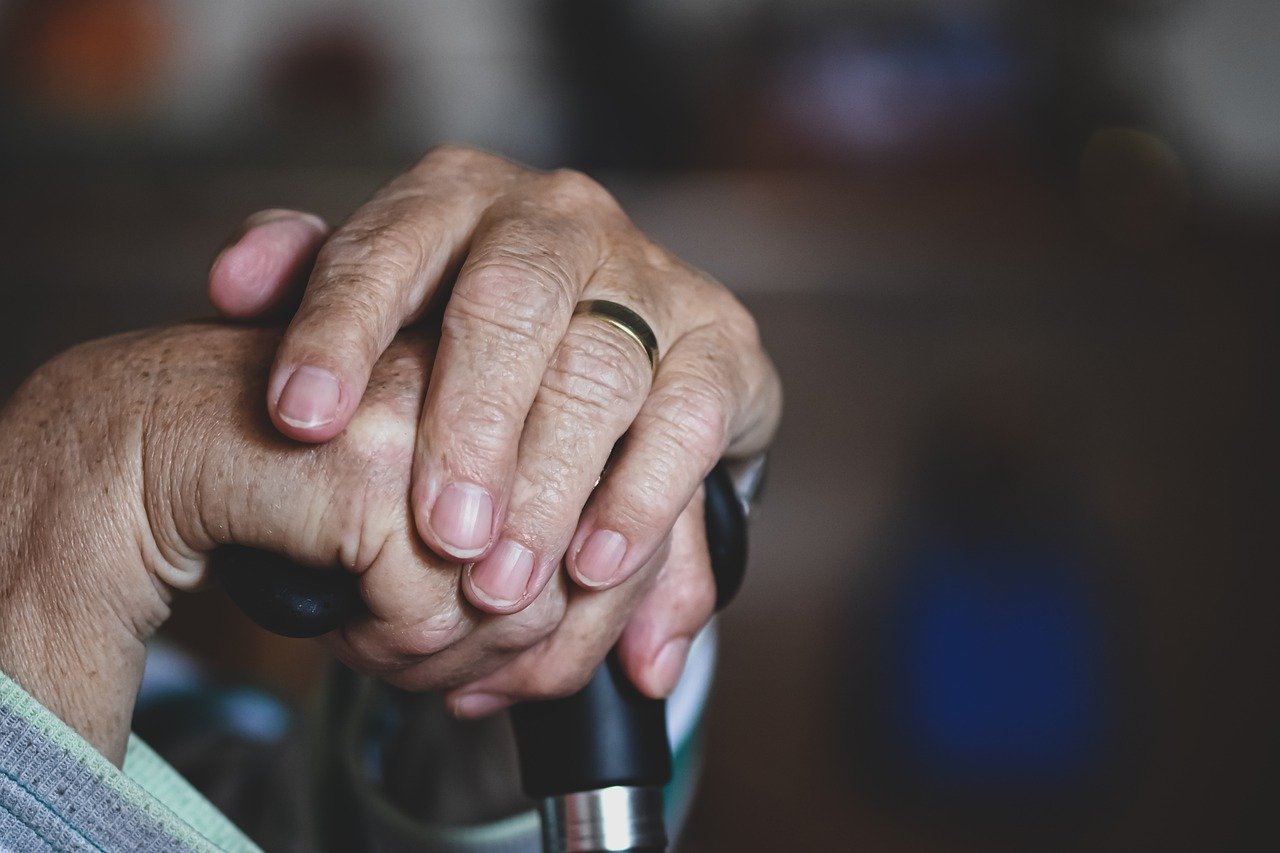3 FAQs About Filing a Nursing Home Abuse Claim

When a nursing home fails to take care of its residents, it’s utterly devastating for both the victims and their families. Thankfully, they usually have legal recourse.
Whether the facility was perpetually understaffed or administrators failed to conduct adequate background checks on their employees, the nursing home can be held liable for any neglect or abuse that occurs. While taking action against them won’t erase what happened, it could at least yield the money needed to secure better arrangements for the victims.
If you’re thinking about filing a nursing home abuse claim, you’re probably wondering what it entails. To help you get started, here are the answers to some of the most frequently asked questions on the subject:
1. How Do You Prove Nursing Home Neglect or Abuse Occurred?
When putting together your case, the most valuable evidence will depend on the circumstances surrounding the alleged misconduct. There are a few pieces of proof, however, that almost always contribute to these kinds of claims. They include:
- Hospital records;
- Nursing logs;
- Eyewitness testimony;
- Surveillance footage;
- Photographs of any visible wounds, including bedsores, bruises, or lacerations; and
- The facility’s hiring practices, training requirements, and standard operating procedures.
2. What Kinds of Damages Can You Include in a Nursing Home Abuse Claim?
Tort law allows for the recovery of virtually all the damages a family incurs when their loved one is mistreated by nursing home staff. Such damages might include medical bills, relocation expenses, replacement services, home care, pain and suffering, mental anguish, and emotional distress.
Before you can secure compensation for any such losses, though, you must present convincing evidence that you did, in fact, incur them. Proof of economic damages usually includes medical bills, moving invoices, and relevant receipts.
When it comes to proving non-economic damages, claimants often resort to using psychological evaluations, journal entries, and statements from friends and loved ones.
3. Do You Need to Hire Representation Before Filing a Claim Against a Nursing Home?
There’s no law that requires claimants to enlist legal help before proceeding with their actions. With so much at stake, however, it’s wise to turn to a professional for strategic guidance.
Tort law is inherently complex, especially when it comes to cases involving nursing home abuse. It’s also worth noting that most long-term care facilities have the resources to challenge any allegations against them. As such, holding them liable for mistreatment poses an incredible challenge.
With help from a knowledgeable attorney, though, you can essentially level the playing field. Your lawyer will conduct a thorough investigation, gather compelling evidence, track recoverable damages, and ultimately help your family pursue the compensation you deserve.
Call 561-299-3999 to Discuss Your Case with a West Palm Beach Nursing Home Abuse Attorney
Want to file a claim against the long-term care facility that mistreated your elderly loved one? For help at every stage of the process, turn to Donaldson & Weston.
Our compassionate team is proud to stand up for nursing home residents who have been wronged, and we won’t rest until things are finally righted. To set up a free case review with a nursing home abuse lawyer in West Palm Beach, call 561-299-3999 or complete our Contact Form.
